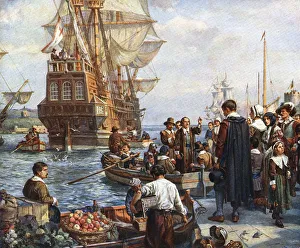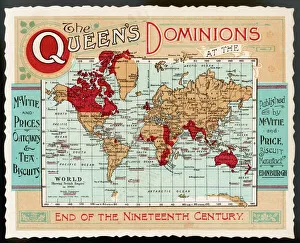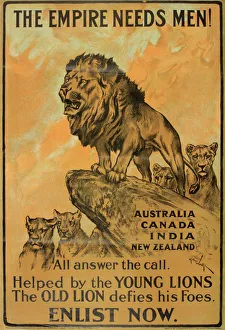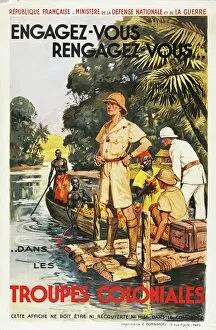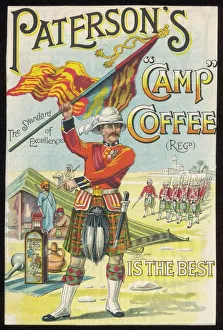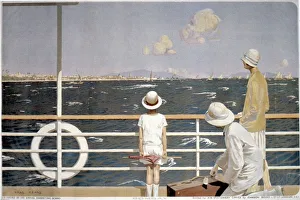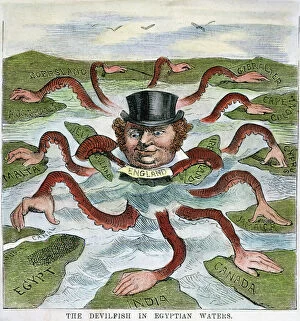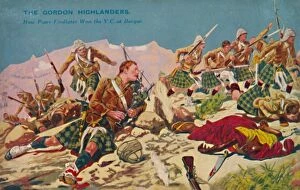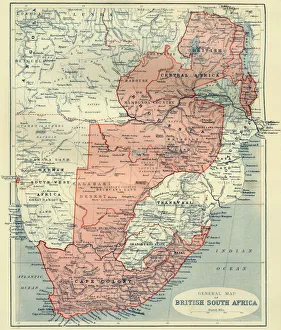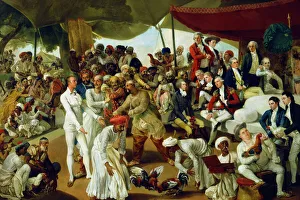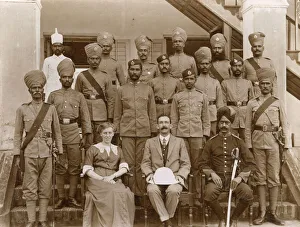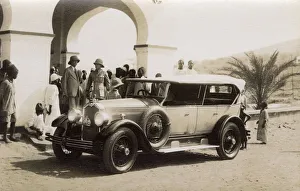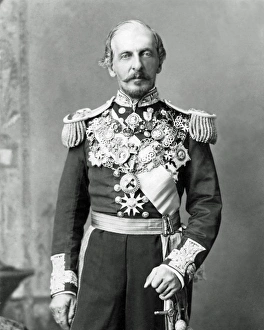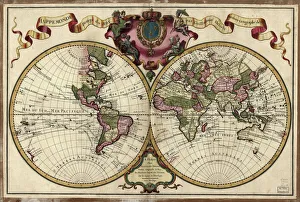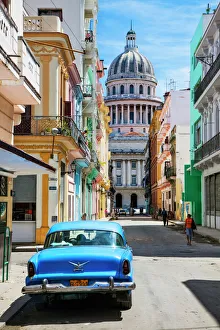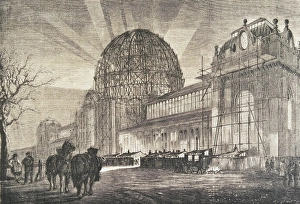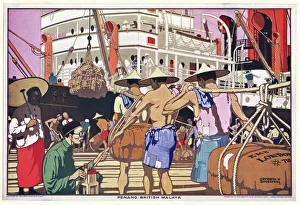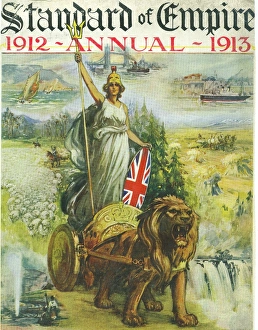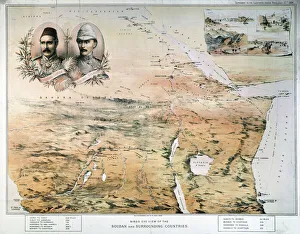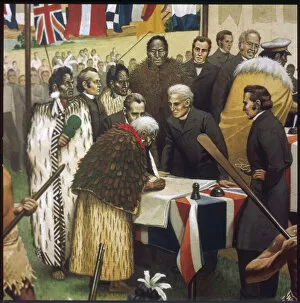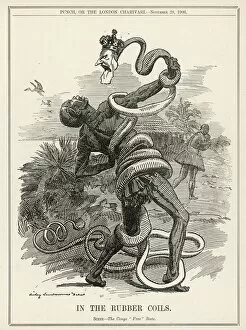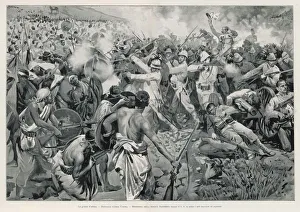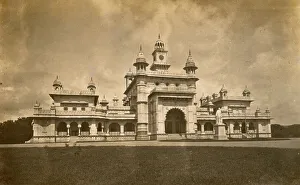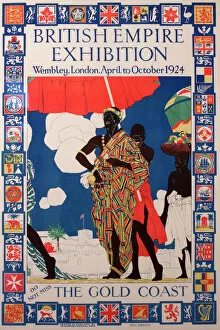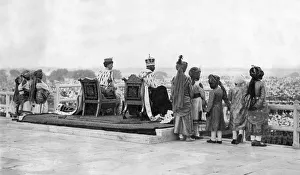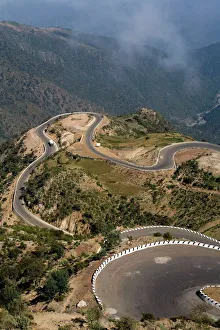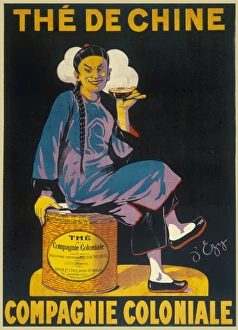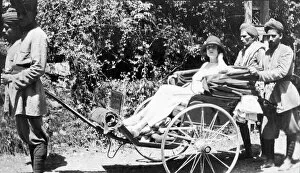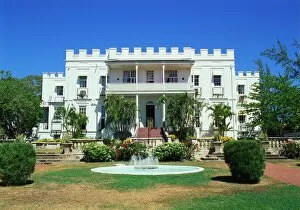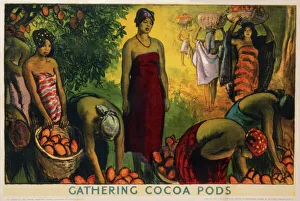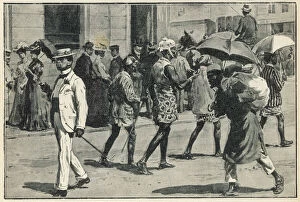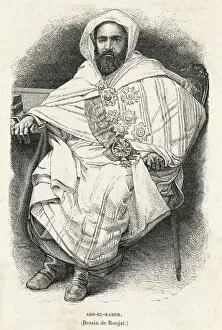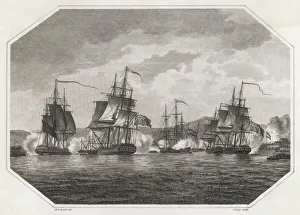Colonialism Collection
"Unveiling the Complexities of Colonialism
All Professionally Made to Order for Quick Shipping
"Unveiling the Complexities of Colonialism: Tracing its Global Impact through Time and Space" Step into a captivating journey as we explore the multifaceted nature of colonialism, from its origins to its lasting effects on various regions across the world. Our first stop takes us to Kingston Norfolk Island, where restored British penal colony buildings stand as a testament to a dark chapter in history. This World Heritage listed area invites reflection on the lives impacted by this system. Next, we delve into an 1886 map of the British Empire by Walter Crane, revealing the vast extent of imperial control during that era. The empire's reach is further depicted in McVitie's World Map Empire, showcasing how Britain left an indelible mark on countless nations. As we shift our gaze towards America, we witness The Pilgrim Fathers boarding the Mayflower—a pivotal moment that laid foundations for future colonization endeavors. Meanwhile, Patersons Camp Coffee advertisement reminds us of how commerce played a significant role in sustaining these ventures. The Gordon Highlanders' heroic tale unfolds next; Piper Findlater's V. C. Win at Dargai in 1897 exemplifies both bravery and imperialism intertwined within historical narratives. A thought-provoking American cartoon from 1882 portrays England as an octopus-like figure symbolizing imperialism's insatiable appetite for land across continents. Turning our attention to Africa, an unknown creator presents us with a General Map of British South Africa from 1900—highlighting territorial divisions resulting from colonial rule. In times of war like WWI, propaganda posters such as "The Empire Needs Men" underscored how colonies were called upon to support their colonizers' interests. Venturing deeper into Africa brings us face-to-face with Congo—a powerful Punch cartoon published in 1906 that critiques European exploitation and brutality during colonization efforts. Mayo College stands tall in Ajmer, Rajasthan—an educational institution shaped by British influence, reflecting the cultural assimilation that often accompanied colonial rule.


